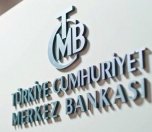Click to read the article in Turkish
The Central Bank today (December 12) lowered its one-week repo rate 200 basis points. The policy rate, also known as the one-week repo rate, fell from 14 percent to 12 percent.
The bank reduced the policy rate for the fourth time in a row since July when the policy rate was 24 percent.
The decision came in a statement by the bank's Monetary Policy Committee meeting, the last of eight meetings scheduled for this year.
Since the beginning of this year, the bank has cut the rate a total of 1,200 basis points, down from 24 percent.
The bank announced last week that next year it would raise the number of its monetary policy committee meetings to 12.
'Capital flows are being monitored'
The bank also underlined the improvement in inflation outlook and widespread decline in inflation expectations.
"Thanks to the stable course of the Turkish lira as well as the developments in domestic demand conditions and producer prices, core inflation indicators have displayed a mild trend," the bank said.
"Weakness in global economic activity and low levels of global inflation strengthen expectations regarding the continuation of expansionary monetary policies in advanced economies.
"While current global financial conditions support the demand for emerging market assets and the risk appetite, rising protectionism and uncertainty regarding global economic policies are closely monitored in terms of their impact on both capital flows and international trade."
Turkey's annual inflation in November stood at 10.56 percent, down from 20.35 percent in January, according to the latest data from the Turkish Statistical Institute (TurkStat).
October saw this year's lowest annual inflation rate, with 8.55 percent.
In its latest report, Turkey's Central Bank cut the country's year-end inflation forecast from 13.9 percent to 12 percent, in line with the government's projection as laid out in the new economic program for 2020-2022.
The recovery in macroeconomic indicators supports the fall in the country risk premium and contributes to a benign outlook on cost factors, it said.
"The Committee assesses that maintaining a sustained disinflation process is the key for achieving lower sovereign risk, lower long-term interest rates, and stronger economic recovery," it said.
The bank highlighted that its cautious monetary stance will continue to keep the disinflation process on track with the targeted path.
The extent of the monetary tightness will be determined by considering indicators of the underlying inflation trend, it added. (HA/VK)




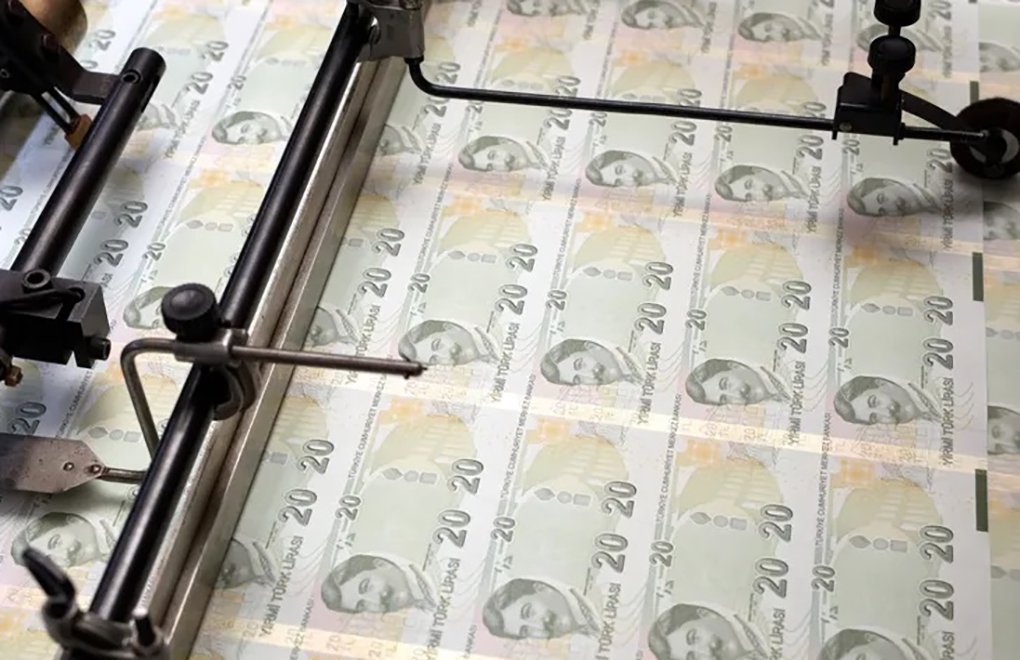
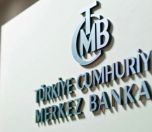

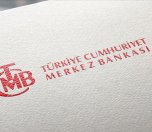
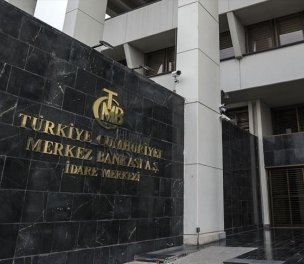
-132.jpg)

